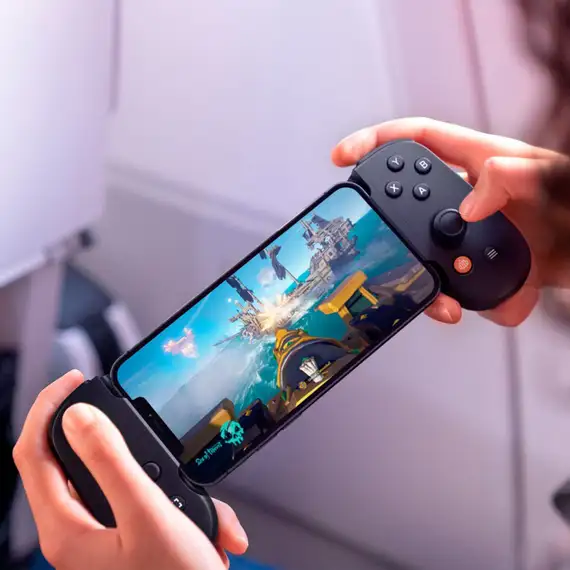The evolution of health-tracking technology is a testament to the incredible strides made in digital health innovation. This technological revolution is changing how health is monitored, analyzed, and improved. Platforms have emerged as leaders among several options, each offering unique features and experiences. This article explores the future of health-tracking technology, examining its potential impacts, challenges, and advancements. Consider doing research before selecting the best fitness tracker app for yourself. You can check online resources for answers to questions like “Compare Garmin Connect and Apple Health?’
Advancements in Wearable Technology
Wearable technology has seen exponential growth in its capabilities and popularity. Future devices are expected to be more accurate, versatile, and integrated into everyday life. They will likely monitor a broader range of health metrics, including advanced biometrics like blood oxygen levels and stress markers. Incorporating these devices with health apps will enable more comprehensive health monitoring, providing users with detailed insights into their wellness. Additionally, the future of wearables may include more discreet and fashionable designs, making them more appealing and comfortable to wear all day. It could lead to a broader acceptance and use of wearable technology in everyday life, enhancing continuous health monitoring.
The Integration of Artificial Intelligence
Artificial intelligence (AI) is set to play a pivotal role in the future of health tracking. Artificial intelligence algorithms can aid in identifying patterns in vast quantities of health data and predict health risks to provide personalized health recommendations to consumers. A better understanding of health issues may enable early detection and more effective, customized healthcare plans. Artificial intelligence will continuously improve accuracy and usefulness as it learns and adapts. Beyond data analysis, AI could also assist in automating tasks like scheduling medical appointments and sending reminders for medication, making health management more efficient.
Enhanced Data Privacy and Security
As health-tracking technology evolves, so does the importance of data privacy and security. Future developments must focus on robust security measures to protect sensitive health data. It includes advanced encryption technologies and secure data storage solutions. Making sure user trust and compliance with data protection regulations are paramount in advancing health tracking technologies. Developing new regulations and standards tailored explicitly to health-tracking devices and apps will also safeguard user privacy and build trust in these technologies.
Cross-Platform Compatibility and Integration
The future will likely see increased cross-platform compatibility and integration among health-tracking apps and devices. It will let users to combine data from different sources seamlessly. This interoperability will facilitate better data sharing between users and healthcare providers, leading to more informed health decisions and care plans. Enhanced integration will likely extend to electronic health records (EHRs), giving healthcare providers a more holistic view of their patient’s health and leading to better-tailored treatment plans.
Personalized Health Recommendations
Health tracking technology is moving towards offering more personalized health recommendations. It will involve tracking health metrics and interpreting them in the context of individual health profiles and lifestyles. Personalized recommendations could range from fitness plans and dietary suggestions to stress management techniques, all tailored to individual needs. This shift towards personalization will likely see the development of more sophisticated algorithms capable of considering a wide array of personal factors, including genetic predispositions, lifestyle choices, and environmental factors, to provide more accurate and practical health advice. You can also check reputable websites that offer answers to questions on various health apps, like compare Garmin Connect and Apple Health apps.
Expansion of Telehealth Services
Telehealth services are expected to expand and integrate more closely with health-tracking technologies. It will allow healthcare providers to monitor patients remotely and provide timely interventions. It also means that users can receive professional health advice based on their tracked data, making healthcare more accessible and efficient. The integration of telehealth with health tracking will not only improve the management of chronic conditions but also enhance preventive health care. It could significantly reduce hospital visits and healthcare costs, making healthcare more sustainable in the long term.
Innovations in Health Gamification
Gamification in health tracking technology is a promising area for future innovation. By incorporating game-like elements into health apps, users can be more motivated to achieve their health goals. It could include challenges, rewards, and social features that make health tracking more engaging and fun. The future of health gamification might involve more immersive experiences, like virtual reality environments and interactive challenges that track health metrics and offer a more enjoyable and interactive way to achieve health goals. These innovations could significantly increase user engagement and adherence to health and wellness programs.
Conclusion
In conclusion, the future of health-tracking technology promises significant advancements in personal health management. From wearable technology to AI integration and cross-platform compatibility, these innovations will revolutionize how health is monitored and improved. As they evolve, platforms are crucial in shaping a healthier, more informed society. The journey towards this future is exciting, offering endless possibilities for enhancing health and wellness.










